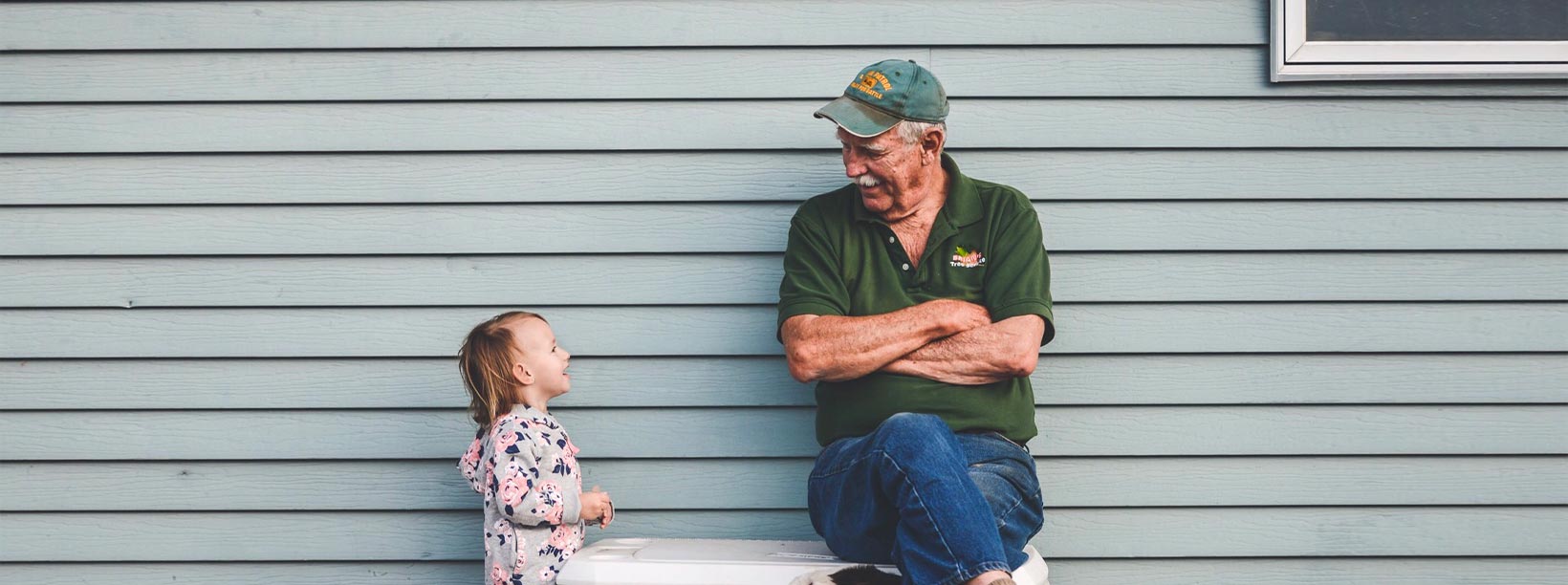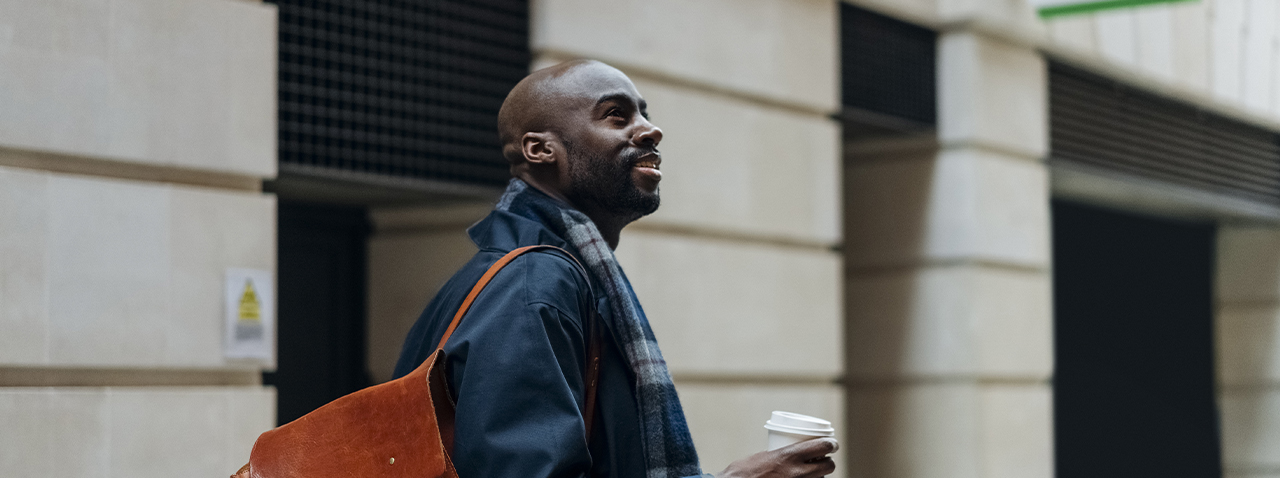As a current homeowner, the advantages of keeping your house or renting an apartment depend on your priorities.
01Tangible asset or predictability?
Keeping the house means financial freedom if the mortgage is paid off. Once the mortgage is cleared, staying a homeowner means no more rent payments. This can significantly lighten your monthly budget, especially if your income is fixed. Plus, your home remains a tangible asset, a safe haven that protects against inflation and can be passed on as an inheritance.
Choosing to rent means fewer unexpected expenses than owning. With a fixed monthly rent, you know exactly what to expect, which can free up cash flow. If the rent includes services like heating, hot water, and internet, that's the maximum monthly amount you'll pay for the duration of your lease. A mortgage, on the other hand, is more like a minimum monthly amount. In addition to paying it, you must cover taxes, insurance, and unforeseen renovations.
02Familiar surroundings or desire to explore?
A house isn't just a financial asset. It represents memories and often the anchor for the whole family. Keeping the house means keeping a reassuring reference point. If aging in a familiar environment supports your comfort and sense of security, then staying put may be the bigger advantage.
A house also means work. You need to maintain it and manage repairs. Renting frees you from maintenance responsibilities. It lets you travel without worrying about emergencies that might arise while you're away. It also gives you the flexibility to change neighborhoods, cities, or scenery without having to sell again. You just wait for your lease to end, which offers greater freedom.
Depending on your situation, a good compromise between owning a house or renting an apartment in retirement could be buying a condo. The range of condominium units on the market is diverse and can provide access to shared services in exchange for condo fees and a sufficient contingency fund, leaving you more time to devote to other projects.
03Your way or with a new community?
Are you ready to change your pace? Being a tenant sometimes means giving up doing what you want, when you want. No renovations without permission, no garden to transform as you please. You have to accept a certain loss of control… but also a gain in peace of mind. That said, renting often comes with practical services like elevators and community gardens you don't have to maintain.
Keeping your house lets you do what you like, while renting can create opportunities to join a new community. Many rental projects are designed for active retirees. Joining one of these living environments means connecting with neighbors who share your interests.






